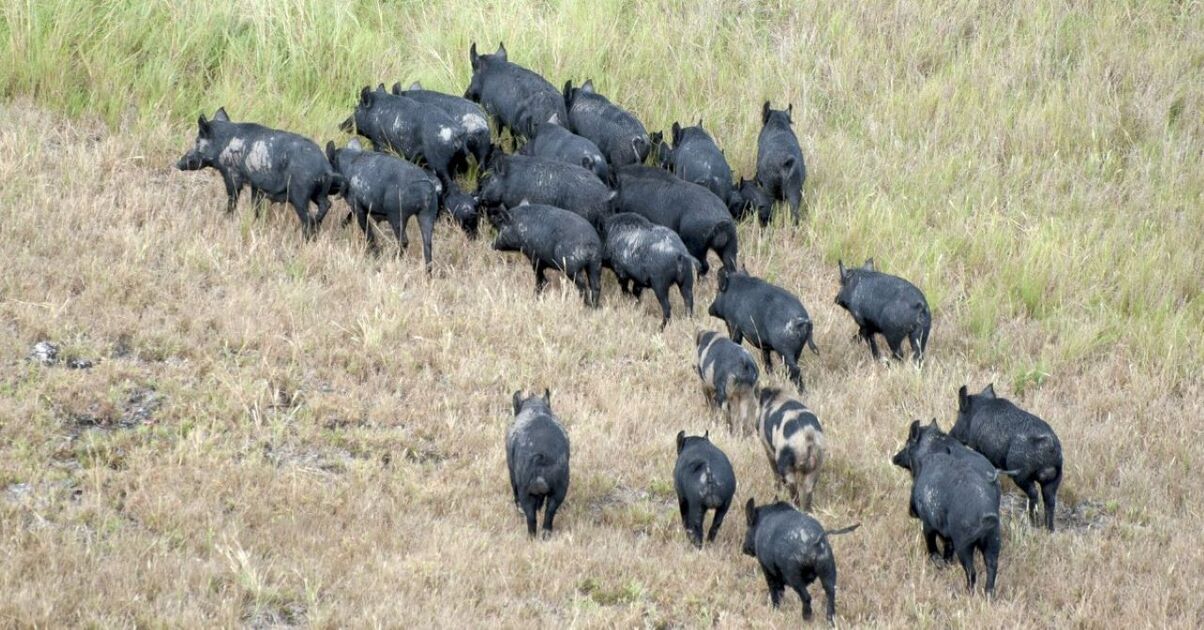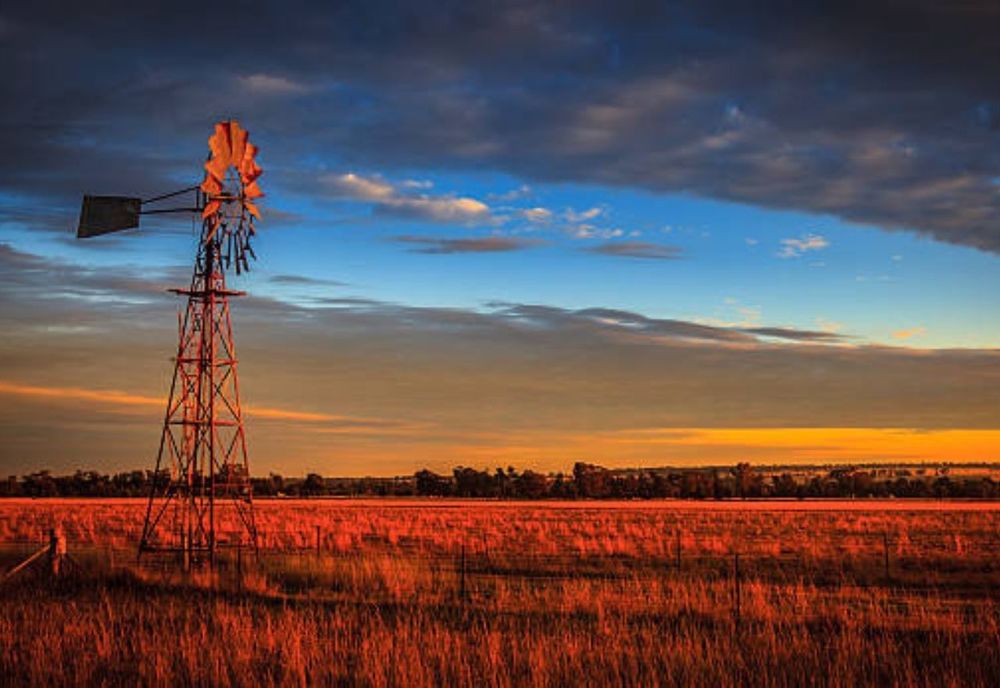Pounce on pigs before harvest
Kristin Murdock
22 September 2024, 9:40 PM
 Now is the time to take advantage of Central West Local Land Services' offer of fully funded treatment for landholder grain, as a way to control growing populations of feral pigs.
Now is the time to take advantage of Central West Local Land Services' offer of fully funded treatment for landholder grain, as a way to control growing populations of feral pigs.Central West Local Land Services (CWLLS) Invasive Species Team Leader, Nigel Boyce, says the time to control feral pigs is now.
To assist landholders, the CWLLS is offering fully funded treatment of grain as a method of reducing numbers.
Feral pigs have significant impacts on agricultural production and the environment and are also a host and vector for numerous endemic and exotic diseases and parasites that affect both people and livestock.
Mr Boyce said the aim of treating grain for landholders to bait pigs is to give them a helping hand with control methods.
“This will enable more land managers to undertake control programs to reduce numbers across the region, and in turn their impacts on production and the environment” Mr Boyce said.
Feral pigs are very adaptable and can thrive in most environments. Recent exceptional conditions have meant they have increased in numbers while managing to stay well hidden. The CWLLS advise that the cool and wet conditions have meant feral pigs will now be seeking a high energy diet.
Central West Local Land Services is encouraging land managers to take advantage of current conditions and control feral pigs now before damage occurs to crops prior to harvest.
“During last year’s harvest, landholders noticed damage to crops from feral pigs. This damage hits the hip pocket and is worth the effort to control the pigs before it’s too late,” Mr Boyce said.
Long term strategy needed - Roy Butler
Member for Barwon, Roy Butler, has long been an advocate for feral pest control and last week delivered a private members' statement to NSW Parliament, stressing the need for long-term strategies to keep the agricultural sector healthy.
“There is no long-term strategy or cohesive management system that can adequately manage the situation we are in today with pests in New South Wales,” Mr Butler said. “There are more than 340 pest weeds and over 40 pest animal species which cost us around $1.9 billion per year, and that's been conservative. Not only is the cost to our state massive, but the impacts of pests on the agriculture sector, the environment and our regional communities are compounding.
“Feral species are often very adaptable. Those that survive drought are often the strongest, and when good conditions return, they thrive. We have witnessed this boom and bust repeatedly in New South Wales. Most recently, we've seen the mouse plague and the proliferation of feral pigs.”
Feral pigs are good at finding areas to ‘camp’ that are well hidden, but still need food and water according to the CWLLS. They suggest free feeding of pigs and monitoring with cameras will enable landholders to get an indication of how many pigs are on their property and in turn the potential for crop damage.
Baiting to minimise numbers
“Baiting of feral pigs is the primary control method and when done correctly has the potential to eliminate the majority of the local population,” Mr Boyce said. “When controlling feral pigs, the aim is to take out over 70 per cent of the pigs to have an impact on that local population.”
In parliament, Mr Butler praised the landholders' efforts to control pigs and other invasive species and called for them to receive extra support.
“Farmers are some of the most resilient members of our community, but to help themselves, they need to be empowered when it comes to pest control,” he said. “Not only do we need more funding, but we also need to enable our landholders, who are compelled by law to manage pests on their properties, to easily access pathways for the right equipment for the job, like Category D firearms and noise attenuation devices. We need a multi-pronged approach that includes baiting, bounties, trapping, fencing, ground, and aerial shooting. Empowering communities means developing clear and detailed strategies based on thorough consultation process,”
But while government processes for increased control methods is in process, there is a way to make an impact on feral pig numbers right now.
“We encourage landholders to make use of this funded grain treatment to control feral pigs before too much damage occurs,” Mr Boyce said.
For information on the treated grain program or advice on a feral pig control program, contact your local Biosecurity Officer on 1300 795 299 to assist you with making your baiting operations more successful.



